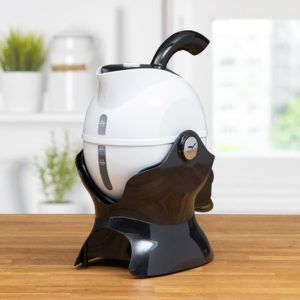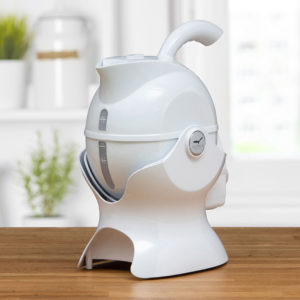As we grow older, many of us – or our loved ones – need a little extra help with daily life. Here, in Australia, this support often comes through the Aged Care System, designed to help the elderly live with dignity, safety, and as much independence as possible. But with so many terms, services, and processes involved, it can feel overwhelming.
This guide will break down what Aged Care is, who it supports, and how to access it, so you can feel confident about the options available for yourself or an ageing family member.
What is Aged Care?
Aged Care refers to the government-funded and private services that provide older people with the help they need as they age. It covers a wide range of supports, from simple assistance with daily tasks at home to full residential care for those who need high levels of support.
- The goal is to help the elderly:
- Stay independent for as long as possible
- Remain safe and comfortable at home
- Access medical, social, and personal support when needed
- Transition smoothly into residential care if needed
Types of Aged Care Services
There isn’t a one-size-fits-all approach to supporting the elderly. Different services are available depending on needs and circumstances.
Home Support
Through the Commonwealth Home Support Programme (CHSP), seniors can get a ‘’little help’’ to keep living at home. This may include:
- Cleaning, cooking, or meal preparation
- Personal care such as showering and dressing
- Transport to appointments or social activities
- Minor home maintenance for safety
- Mobility and daily living aids
Home Care Packages (HCPs)
For those with more complex needs. Home Care Packages provide tailored support plans. The may include:
- Nursing care
- Mobility aids or equipment
- Help with medication
- Assistance with shopping or household management
Home care packages can also include finding for assistive equipment to make daily tasks easier and safer – such as kettle tippers like the Uccello Kettle. It’s an easy-tilt design that helps older people enjoy their tea/coffee without the strain of heavy lifting or the worry of spills.
Residential Aged Care
When living at home is longer safe or practical, residential care (nursing homes) offers 24-hour assistance. This includes:
- Accommodation, meals, and laundry
- Medical and nursing support
- Social and recreational activities
- Personal care
Short-Term Care
Services such as respite care or transitional care give families and carers a break or help the elderly recover after a hospital stay.
Who is Eligible for Aged Care?
Eligibility for aged care services is based on:
- Age: Generally 65+
- Needs for support: An assessment will determine if you need help with daily tasks, mobility, or health care.
You’ll need to apply through My Aged Care, the government’s entry point for aged care services. An assessor will visit your home (or hospital, if relevant) to understand your needs and recommend the right level of support.
How Much Does Aged Care Cost?
Aged care is subsidised by the government, but most people are expected to contribute to the cost of their care if they can. Fees vary depending on:
- Your income and assets
- The type of services you use (home vs residential)
- The level of care you require
Financial support and hardship provisions are available, so no one misses out on essential help.
Independence and Aged Care
One of the biggest myths about aged care is that it reduces independence. In reality, the system is designed to support independence for the elderly. With the right services, older people can:
- Continue living safely at home
- Stay socially connected
- Enjoy more energy for the things they love, rather than struggling with daily tasks
- Have peace of mind knowing professional help is available when needed.
By accessing aged care early, many of the elderly are able to maintain control and dignity while enjoying a better quality of life.
How to Get Started
If you or a loved one might benefit from aged care:
- Contact My Aged Care on 1800 200 422 or visit their website – www.myagedcare.gov.au
- Complete an assessment to determine the right level of support
- Explore providers in your local area – you can choose the ones that feel like the best fit
- Begin receiving support, whether at home or in a residential setting.
Navigating aged care can feel overwhelming, but it doesn’t have to be. Whether it’s a few hours of home support each week or a move into residential care, Aged Care system is designed to help the elderly live safely, comfortably, and with as much independence as possible.
And remember: many aged care plans can include helpful daily living aids from mobility supports to adaptive kitchen products like the Uccello Kettle – giving you more freedom in everyday life.
Taking the first step to learn about your options can bring peace of mind- for both you and your family.













Leave a Comment